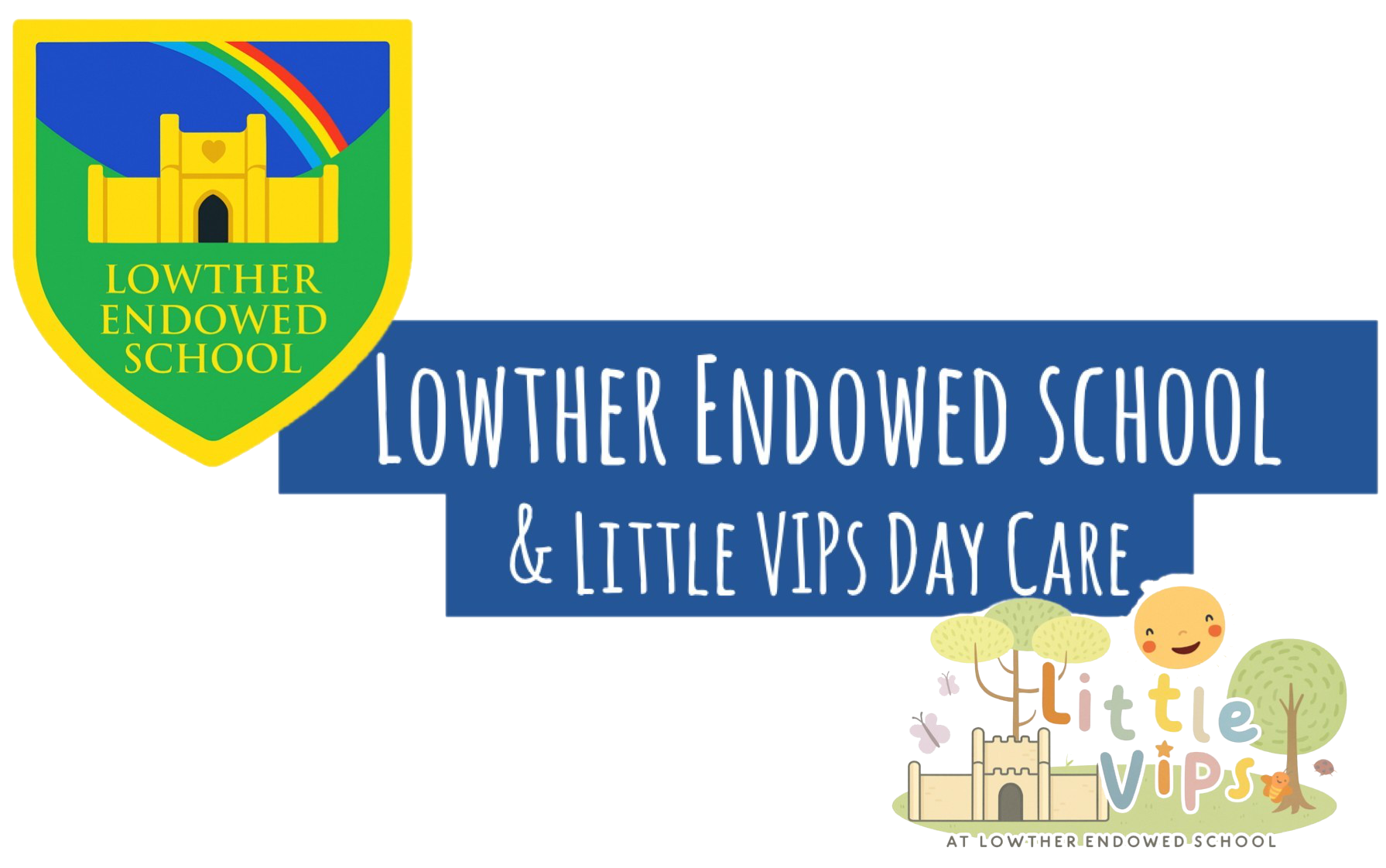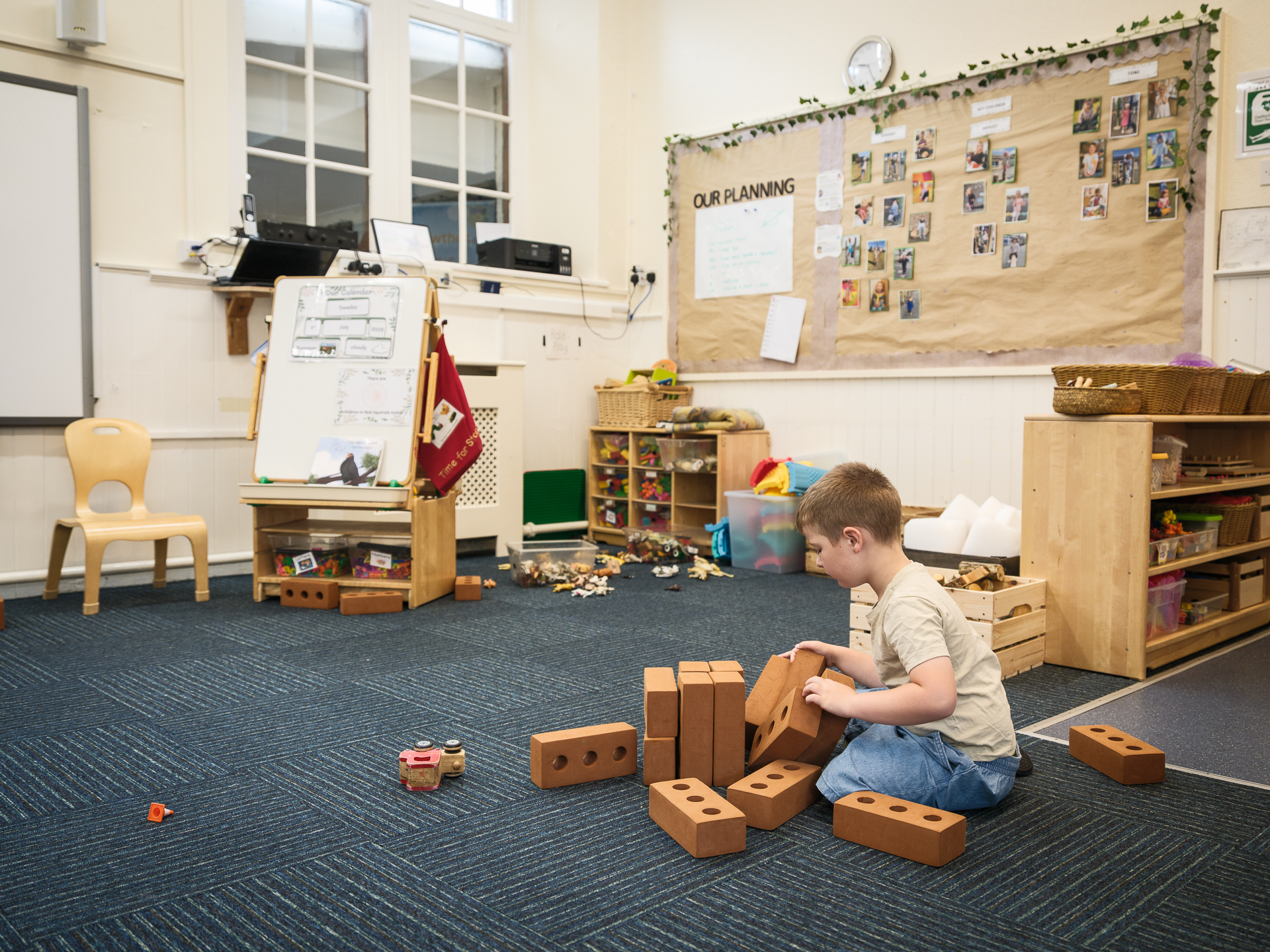Cultural Capital in EYFS
What is Cultural Capital in Early Years?
Cultural capital is all about providing children with experiences and opportunities to help them progress and achieve success. By creating a rich and varied EYFS curriculum that offers diverse, engaging activities, all children can be supported to achieve their potential. When children start in an early years setting, they already have a variety of different experiences. Cultural capital in EYFS is about celebrating and building on these early experiences and providing other new opportunities to be curious, explore, try new things and experience awe and wonder. The aim of cultural capital is to create possibilities for children's knowledge, understanding and abilities to be developed and extended through new opportunities and experiences. This gives children the best possible start to their education and promotes future success
How do we cover cultural capital?
We offer an ambitious curriculum designed to equip children with the knowledge, confidence, and cultural capital they need to thrive in life. Our curriculum is thoughtfully planned and sequenced to build on what children already know and can do, progressively developing the essential skills and understanding required for their future learning.
We enrich cultural capital by providing a wide range of meaningful opportunities and experiences within our setting, including:
-
Researching topics that interest the children through books or online resources, and celebrating important historical events.
-
Creating role-play scenarios inspired by new experiences, such as visiting a shop or café.
-
Investigating and describing new materials through simple science experiments.
-
Observing and discussing seasonal changes and weather patterns.
-
Exploring musical instruments, songs, and rhymes from different cultures.
-
Engaging in outdoor activities, learning new games, and experimenting with various equipment.
-
Marking festivals and cultural events like Diwali, birthdays, and sporting occasions.
-
Organising visits to local landmarks, such as castles.
-
Hosting visits from local organisations, including Penrith Fire & Rescue Service and Community Support Officers, and taking walks around the local area, including visits to building sites.
-
Encouraging children to share news and activities from their family and community.
-
Collaboratively writing letters and experiencing the process of posting them.
-
Reading a broad range of stories, poems, and non-fiction texts, while expanding vocabulary.
-
Exploring a variety of natural and man-made materials to inspire awe and curiosity.
-
Introducing and practicing greetings and basic phrases in different languages.
-
Providing activities that promote turn-taking, sharing, cooperation, discussion, reasoning, problem-solving, and decision-making.
-
Celebrating disability and diversity through inclusive sporting activities.


